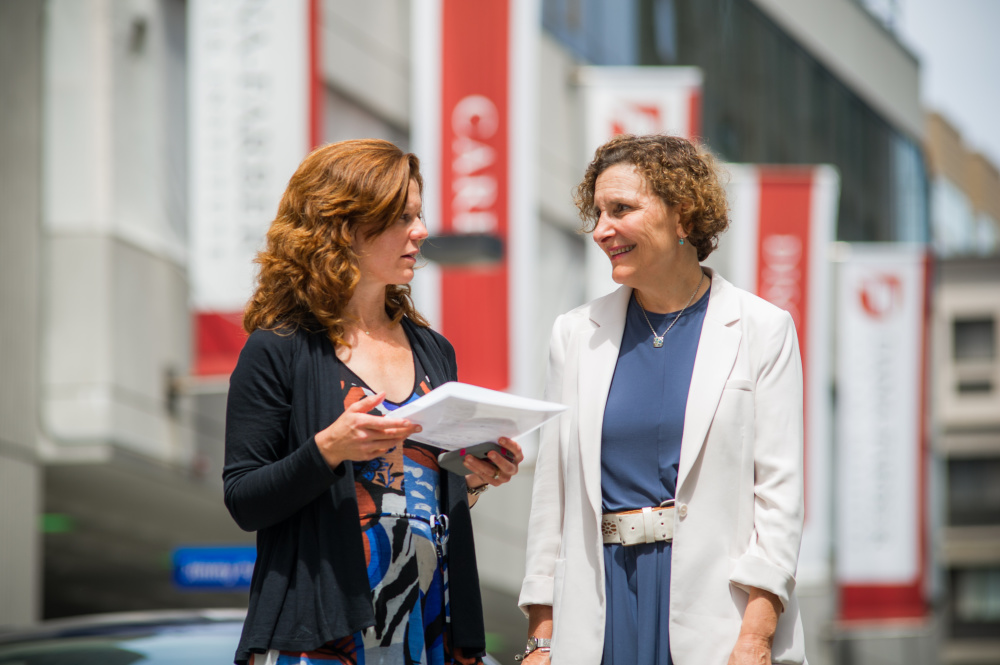After completing treatment, many cancer survivors wonder what their future will look like. Survivors can face a host of issues after they complete active treatment, including the long-term effects of treatment, as well as social, physical, and psychological hurdles.
Here are some things to consider after your cancer treatment is complete, according to the experts in the Adult Survivorship Program at Dana-Farber/Brigham and Women’s Cancer Center (DF/BWCC).

Check in with your health care provider. When cancer treatment ends, it’s still important to see your primary care physician for regular checkups and any follow-up health screenings you might need. These visits can help you and your doctor address potential side effects from treatment, and go over any preventive measures that may stop future health problems from occurring.
Find support. You don’t have to go through post-treatment life alone. Friends and family can be a good source of support, but you should also ask your cancer care team how to find support services near you – including spiritual care, individual counseling, nutritionists, physical therapists, pain clinics, or support groups.
Read More:
Create a wellness plan. Living a healthy life after cancer can reduce your risk of developing other cancers. Some healthy lifestyle choices to consider: quit smoking, cut down on alcohol intake, eat well, and exercise regularly.
Pay attention to changes in your body. It can take time to adjust to the effects of cancer treatment. Not everyone will experience the same problems, but cancer survivors commonly report issues such as fatigue, pain, and weight changes. Talk with your doctor about any health problems you may experience and ask how to best address them.
Don’t ignore your emotions. Cancer and its treatment can affect your emotional and mental health. To deal with feelings such as depression, anxiety, anger, or the fear that cancer will come back, consider joining a support group or talking with a social worker.
“Survivorship is a time when we can help a patient take stock of where they are in terms of their health behaviors and what can be changed,” says Ann Partridge, MD, MPH, director of the Adult Survivorship Program at DF/BWCC. “We can try to help them improve their health behaviors, so that the rest of their life is better – both from a medical standpoint and a risk standpoint, but also in terms of quality of life.“
The Adult Survivorship Program at DF/BWCC provides clinical care and services for adult cancer survivors. To make an appointment or learn more, call the clinic facilitator at 617-632-4523 or email DFCI_adultsurvivors@dfci.harvard.edu.
